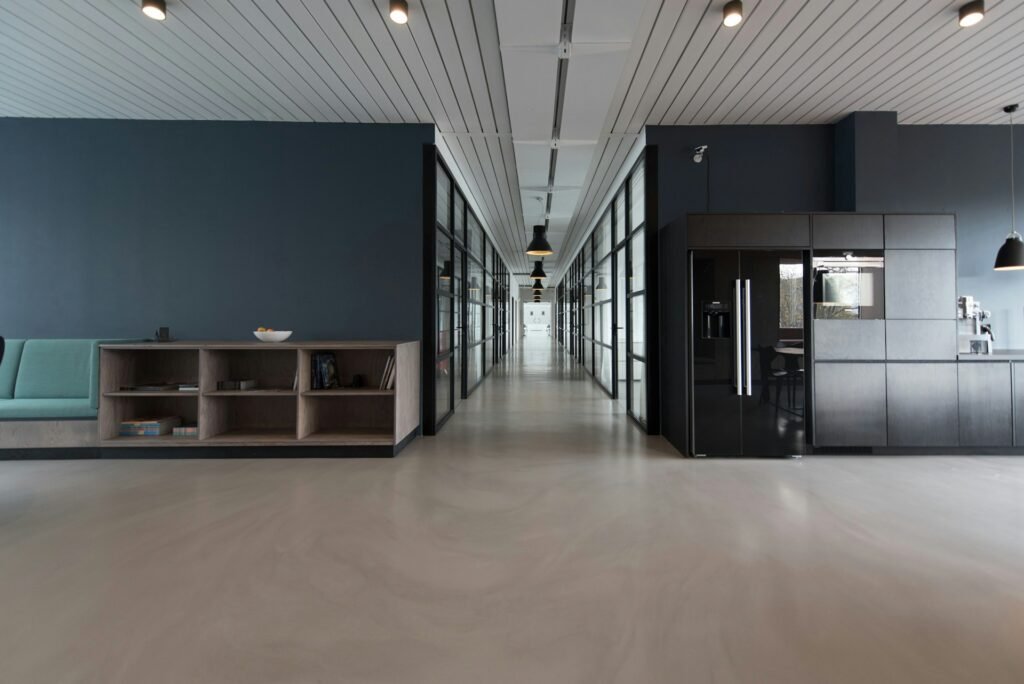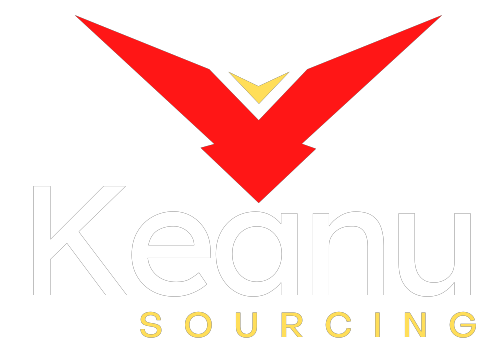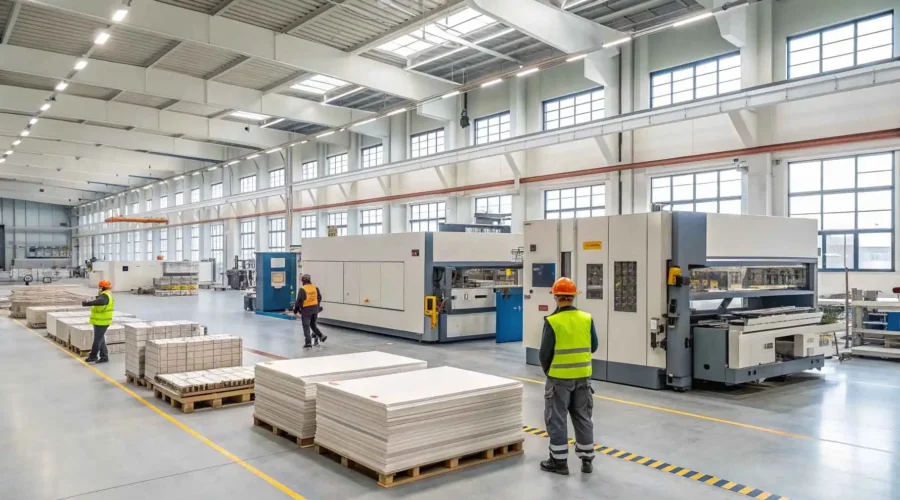As a small business owner, you’re used to making big decisions. Whether hiring your first employee or putting out a new product, every choice you make affects your business. One of the most important decisions you can make is whether to buy a specialist office building. Some people see owning a home as a sign of stability, growth, and freedom. On the other hand, it’s a big expense with some risk.
That being said, how can you tell if buying an office is the best thing for your business? Let’s break down the most important things to think about, from the financial effects to the long-term freedom, so you can make a smart choice that fits your goals.
Effects on Money: Crushing Numbers
Before you start looking at real estate ads, take some time to carefully go over your funds. When you buy an office, you need to think about more than just the debt. You need to know how the investment will affect your cash flow, taxes, and overall financial situation. When evaluating the financial implications of buying versus renting, consider consulting financial advisors Gold coast who specialize in small business investments to get personalized advice for your situation.
Short-Term Costs vs. Long-Term Savings
- There is a big down payment needed to buy a house. The down payment is usually between 10 and 30 percent of the price of the house.
- It also includes closing costs, attorney fees, and any remodelling costs.
- When you rent, on the other hand, you usually only have to pay the security fee and first rent up front.
- Having a house could still save you money in the long run. Instead of paying rent over and over, you will build wealth over time.
- Also, mortgage payments might finally be less expensive than rising rent prices, especially in places where there is a lot of competition.
Tax Breaks and Advantages
- One good thing about owning business property is that you might get tax breaks.
- Depreciation, insurance, property taxes, and mortgage interest are all things you can write off.
- If you live in Melbourne and want to save a lot of money on depreciation, you should make a tax depreciation schedule that takes into account how the building and its parts will wear down over time.
- Talk to a tax expert to get the most out of these benefits.
Tip: For more property investment tips, talk to a financial advisor about a few different options. Could a mortgage change how much money you have each month? What will happen if interest rates go up?
Place: More Than Just a Place

Setting up shop in the right place can make or break your business. When you buy an office, think about:
- Is it easy for delivery services, customers, and staff to get to the site? Think about how close the property is to big roads, public transportation, and parking.
- Are there coffee shops, bars, or coworking places nearby? A busy area might bring in good people and boost mood at work.
- Evolution in the Future Find out about the planning rules and upcoming building projects in your area. Adding a new metro line or shopping centre to an area could make your home more valuable or cause problems for your business while it’s being built.
- If you want to invest in real estate, look for places that have the potential to grow. Prices may be lower in developing places right now, but they could become much more valuable in 10 years.
The Chance of Growth: Will Your Space Change With You?
Your office shouldn’t stay the same because neither should your business. Ask yourself:
- Does the property have room for more desks, meeting rooms, or storage in case you need to hire more people or offer more services?
- Is it too big? ** But don’t make too many promises about a place you won’t use. There is a loss of money and energy when rooms are empty.
- Being able to change: If you have a modular design or an open floor plan, you can move things around in the area as needed.
Hint: Think of a house that has extra room that can be rented out. You could get passive income to help pay your mortgage by renting out some of your office space.
Finding the Hidden Costs of Owning a Business
When you rent, the owner takes care of repairs and upkeep, but when you own your own business, you are responsible for every broken tap and flickering light.
- For: money
- One to three percent of the property’s value should be set aside every year for repairs.
- Think about services like water, heat, electricity, and full insurance coverage.
- Taxes on Property These can go up over time, especially if people like the place more.
Financial Management Hack: Set up a fund just for property-related bills that might come up in an emergency. This lessens the shock of unexpected costs like an HVAC system that doesn’t work. Business accountants can help you analyze your cash flow projections and create a comprehensive financial model to determine if buying an office building aligns with your business’s budget and growth trajectory.
The Emotional Factor: Pride vs. Usability

It’s pretty cool to own a place that fits the spirit of your business. You can paint the walls, put up unique signs, and make a plan that encourages work. Just remember not to let your feelings affect how you make decisions.
- Does buying fit with the main goal of my business?
- Am I ready for the financial and mental responsibilities that come with owning a home?
There Are Other Options Besides Buying
If you think buying is too risky, try one of these alternatives instead:
- There are a lot of co-working places that are flexible, affordable, and good for networking.
- Talk about a good deal that gives you the option to continue or extend it.
- Rent a smaller office and let people work from home to save room.
Final Thoughts: Leaping with Confidence
Buying an office is a very personal choice that will depend on your company’s long-term goals, current finances, and growth plans. By weighing the pros and cons, you’ll be able to make a decision that moves you closer to your goals. You can also talk to professionals like real estate agents, tax consultants, and financial experts. Also, keep in mind that the most important thing is to create a workplace that helps your team and drives your success, no matter if you buy, rent, or use a combination of the two.
It’s your turn! Have you thought about the “buy vs. rent” question? Write your thoughts or questions in the box below; we look forward to hearing from you!








